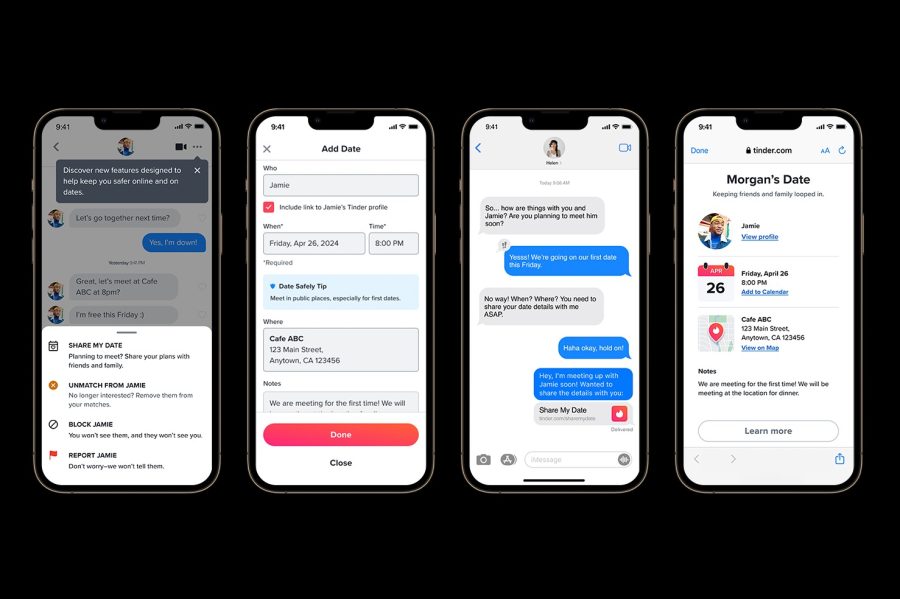Today is an important day in the history of politics and technology – the US Senate voting record is finally available in machine-readable XML (extensible markup language) format. Mashups, vote tracking and comparison applications, will now be welcomed in the front door of Congress as first class technologies.

On May 1st South Carolina’s Senator, Jim DeMint, officially asked the Senate Rules Committee to make the data available and just four days later the feed is here. Not everyone is happy about about the information being made publicly available like this, however.
Last week Politico ran a three page story about the issue, citing a number of interesting arguments against XML transparency.
John Wonderlich, policy director for the Sunlight Foundation, told Politico that the reason he’s been given for the lack of XML feeds is this: “the secretary of the Senate has cited a general standing policy … that they’re not supposed to present votes in a comparative format, that senators have the right to present their votes however they want to…it’s pretty bad.”
Dave Lundy, acting executive director of the Chicago-based Better Government Association, told Politico again that: “It’s a strategy to make information hard to find and hard to digest and hard to analyze…Call me a cynic, but I don’t … think [government entities] deserve the benefit of the doubt. We have ample experience to know that people try to hide information, even in plain sight.”
Apparently, those problems were washed away this week by the tides of open technology. The Washington Post has offered something similar to what’s now available for some time, but there’s something to be said for what we hope will be a big, fat, official pipe of data.
We learned of the news this morning when New York Times technologist, Derek Willis, celebrated mention of the news by Rob Pierson, who yesterday began a new job leading new media initiatives for the House Democratic Caucus. The Sunlight Foundation said last week that neither the House nor the senate “maintain any reasonable database of lawmaker votes.” The House of Representatives does release their votes in structured format, though.
Willis points out that the new Senate data feeds aren’t perfect; the absence of Bioguide ID information linking Senators’ names to their online profiles creates an unnecessary additional step for developers, for example.
It’s exciting news none-the-less. “It’s good to see high profile senators from both parties behind this,” says John Musser, founder of the web’s leading mashup and API directory, Programmable Web. “Those first steps are often the hardest. That is, just getting understanding of the value, getting buy-in and then having the data accessible in a developer friendly format. The next logical step is to wrap it in an API; having the XML is closer to having an RSS feed, there’s not a lot of developer control of what data to retrieve. An API typically gives much more control over what data gets retrieved. Like ‘give me all roll call votes for January 2009’, versus ‘here’s the last 20 roll call votes.’ Or all roll call votes by a specific senator, etc.”
Musser says that he’s seeing a broad movement towards increased access to government data. That work is being done by both official sources like this new Senate feed and the data-centric Recovery.org and by outside organizations like the Sunlight Foundation and the New York Times, work Musser is tracking closely.
What’s left to open up? Check out, for example, this list of the 8 most desirable but unavailable government data sets, per Willis from the NYT. As of today, one of those can be checked off the list.










